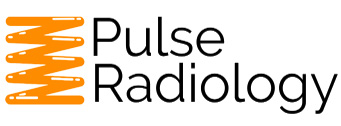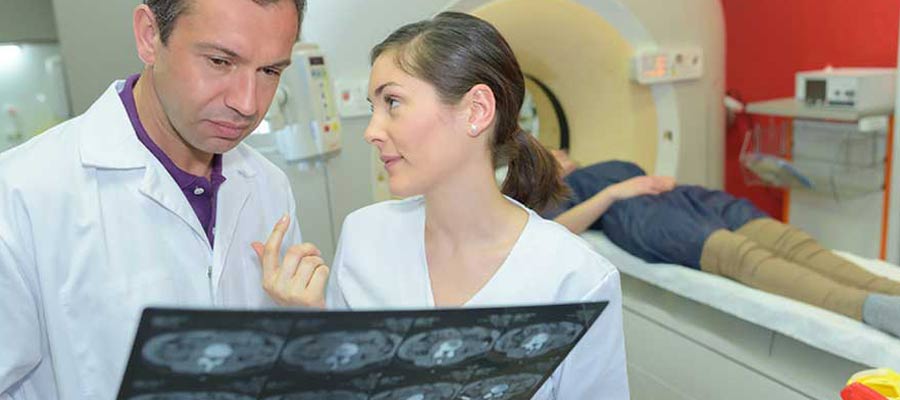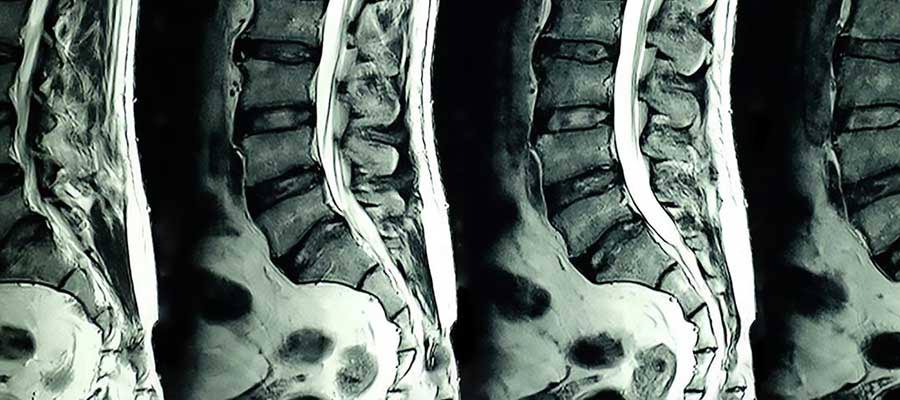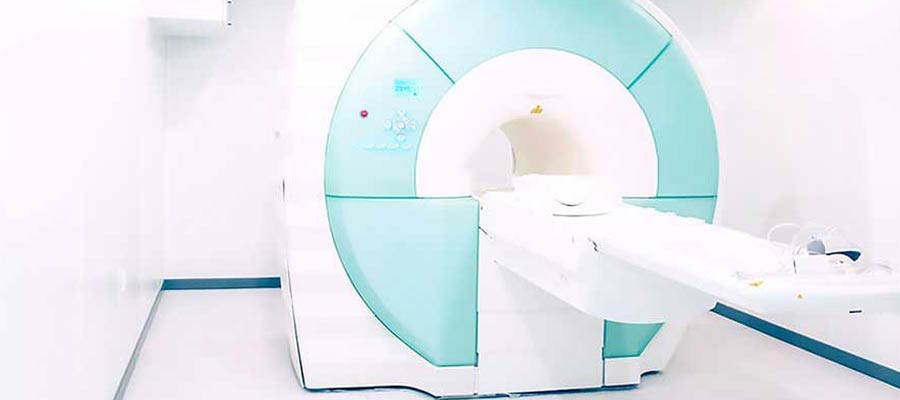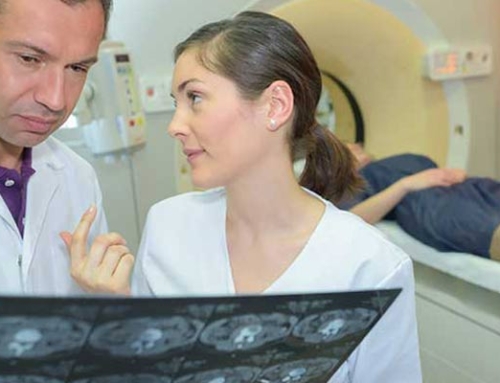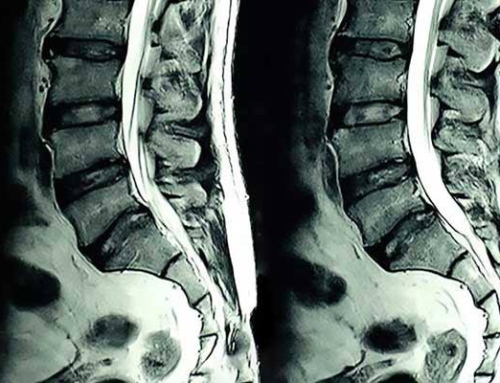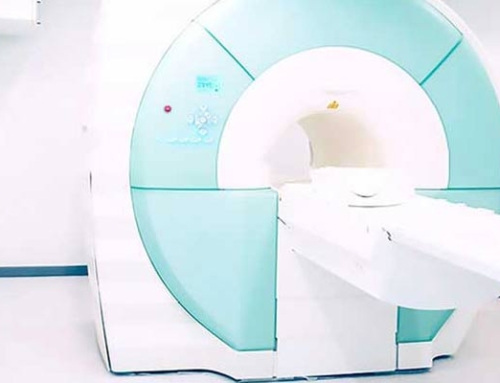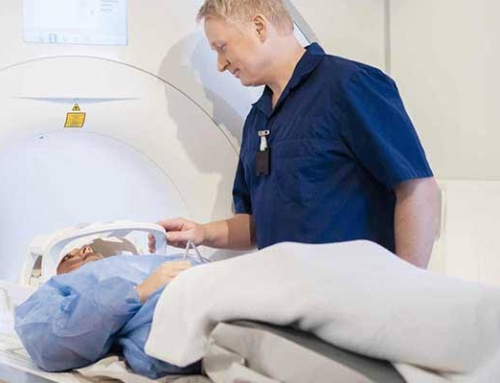
Are you thinking about pursuing a career as an MRI tech? If so, it’s essential to understand what qualifications are necessary before enrolling in any program. We’ve got all the information needed for anyone interested in this field of study. In this article, we will explore everything from high school graduation requirements through post-graduate education options available when considering becoming an expert at magnetic resonance imaging (MRI). So let us guide you on your journey towards success by providing comprehensive details on how to qualify for an MRI tech program.
MRI Tech Program Requirements
To become an MRI technician, you must first fulfill certain educational requirements. This typically involves obtaining either a high school diploma or General Education Development (GED) certificate. Having solid foundations in subjects, such as math and science during your secondary education can be advantageous for future success within this field.
To become an MRI technician after high school or earning your GED, you must take college courses. These classes provide essential knowledge and skills necessary for success in this profession. Common topics covered include medical terminology, patient care, radiation physics as well as procedures related to MRI. With a comprehensive understanding of these areas gained through coursework, you can confidently navigate the technical aspects associated with producing accurate images using these advanced technology.
To become an MRI technician you’ll need more than just college courses under your belt. You also have to complete a specialized training program that focuses on the intricacies of this technology, which is where the MRI tech program comes in. These programs provide hands-on experience and classroom lectures alongside clinical rotations so trainees can gain practical knowledge in real world settings. With these comprehensive trainings behind them, aspiring professionals are well equipped for challenging situations they may encounter as part of their job responsibilities.
To become an MRI technologist you must first complete several prerequisite courses that provide a strong foundation in fundamental concepts and skills necessary for success. These include classes on medical terminology, patient care, radiation physics as well as procedures related to magnetic resonance imaging (MRI). By mastering these areas before entering into specialized training programs individuals are better equipped with the knowledge needed to excel within this field of healthcare technology.
Anatomy and physiology courses provide an in depth understanding of the human body’s structure and function. You will gain insight into how different organs, systems, and tissues work together seamlessly to keep us healthy. Medical terminology classes are equally important as they introduce students to technical language used by professionals within this field, thus enabling effective communication with colleagues while interpreting medical reports accurately .
As a healthcare professional who works with patients undergoing MRI procedures its essential to have strong communication skills. Patient care courses will teach you how to interact compassionately while maintaining professionalism throughout all interactions. Additionally radiation physics classes provide an in depth understanding of radiology principles and safety measures needed when working around these technologies. Both types of education are critical for anyone pursuing this field as they help ensure that every patient receives the highest level of care possible during their procedure.
The final component of MRI procedures courses is the instruction on specific techniques and protocols used in imaging. You will gain knowledge about operating an MRI machine, positioning patients correctly for optimal results while obtaining high quality images. These skills are essential to perform your duties as a competent MRI technician. The course curriculum provides ample opportunities for technical skill development that can help you excel in this field.
Clinical Experience as Part of the MRI Tech Program
To become an MRI technician, its crucial to gain both classroom instruction and hands on clinical experience. This allows you to apply what you’ve learned in a real world setting. The two main components of this process are hands-on training sessions as well as rotations through various medical facilities where MRIs are used regularly. By combining these elements together effectively during your education journey towards becoming an MRI tech will help ensure that you have the necessary skills needed for success within this field upon graduation from school or certification program completion.
As a medical professional seeking to become proficient in MRI technology you’ll need hands on training that simulates real world scenarios. This is typically provided through labs or clinical sites where experts guide trainees as they practice using machines and perform various procedures under supervision. By gaining experience with this equipment while honing technical skills during these sessions you can feel confident about your ability when working independently later down the line.
MRI clinical rotations offer a unique opportunity for aspiring technologists to gain hands on experience in healthcare facilities where MRI imaging is performed. During these rotations, you’ll work alongside seasoned professionals who will guide and mentor you as they perform their daily tasks. This firsthand exposure provides valuable insight into the challenges faced by an MRI tech across different settings within healthcare. Additionally interacting with patients allows for further development of essential patient care skills needed for success in this field.
To become certified by the ARRT, this requires meeting certain eligibility criteria including completing an accredited MRI program and passing a rigorous examination. The test covers various topics such as patient care, safety procedures, image production techniques alongside knowledge of MRI physics principles. Once you pass this challenging assessment successfully, you will be awarded the prestigious designation of Registered Technologist (RT)(MRI) from the ARRT that attests to your competence in delivering high-quality services while upholding industry standards.
With that said, if you are an MRI technologist planning to practice in different states, you will be required to meet varying licensing requirements. Each state has its own specific guidelines for granting licenses to professionals seeking certification as MRIs. These regulations may include completing accredited programs passing a state-specific examination and fulfilling continuing education obligations before receiving approval from authorities concerned with healthcare provision within their jurisdiction.
As an MRI technician, it’s crucial to familiarize yourself with the specific licensure requirements of your state before starting work. This legal requirement ensures that you are fully qualified for this profession and adhering to all regulations is essential in order to practice legally within each jurisdiction.
Additional Skills You Can Develop at an MRI Tech Program
In addition to the necessary education and certification requirements, there are several additional skills that can enhance an MRI technicians ability. These include critical thinking abilities, attention to detail, strong communication skills, and empathy towards patients.
As an MRI technician, communication skills are indispensable for successful interactions with patients, explaining procedures and providing reassurance during challenging times. To ensure clear and accurate exchanges between yourself and other healthcare professionals or physicians you must possess excellent verbal as well as written abilities.
Attention to detail is paramount. You’ll need sharp eyesight and analytical skills to capture high quality images while identifying any abnormalities or artifacts that could impact the accuracy of diagnostic results. With a keen eye for details you can ensure reliable imaging services with utmost precision.
MRI technology demands problem-solving skills from its practitioners. Technical challenges and patient specific issues require quick thinking abilities that can be applied in real time situations. The ability to think critically allows for adaptability when faced with unexpected obstacles is a valuable skill. This will also help you provide optimal care for patients.
What you may not also realize is that you must be prepared for the physical demands of this job. This includes maintaining good stamina throughout long shifts and performing repetitive tasks all day long. Additionally, you may need to help patients move or position themselves during procedures while standing on your feet for extended periods at a time. It is crucial that if you’re interested in pursuing this career that you are aware of these requirements beforehand so you can make informed decisions.
Mobility is a crucial aspect of working as an MRI technologist. You may need to move heavy equipment and transport patients from one location to another with ease. Good manual dexterity and coordination will help you perform tasks accurately and efficiently without any hassle or delay. Therefore it’s essential that these skills are honed before starting work in this field.
MRI technicians require more than just technical skills and physical abilities to excel in their field. A positive attitude towards patients is crucial for success as an MRI tech since it creates a supportive environment that leads to high levels of patient satisfaction. Additionally possessing certain personal qualities such as empathy, compassion or patience can make all the difference when dealing with anxious or uncomfortable patients during procedures.
Empathy is crucial for building a deeper connection with patients. By putting yourself in their shoes and understanding what they’re going through, you can provide exceptional care and support. This approach not only benefits the patient but also enhances your own personal growth as a healthcare professional.
In the same way, maintaining professionalism is paramount. You must adhere to ethical standards while keeping patient confidentiality intact and exhibiting unwavering integrity in your work. Professionalism plays a vital role in building trust with patients and ensuring that they receive top notch care from skilled professionals like yourself. Remember, the way we conduct ourselves reflects on our abilities as medical practitioners.
Looking at all of this, the path towards becoming an MRI technician requires a multifaceted approach that includes education, clinical experience, certification and personal qualities. By preparing yourself for the MRI tech program requirements, you will be more than capable to handle the challenges that come with it.
